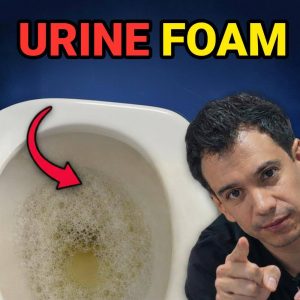When Politics Reaches the Hospital Floor
The quiet halls of Englewood Health in New Jersey became the stage for a national controversy. What began as a workplace dispute between a nurse and physician quickly escalated into a debate over ethics, free speech, and professional boundaries.
In the background: the shocking assassination of Charlie Kirk, 30, founder of Turning Point USA, who was fatally shot while speaking at Utah Valley University on September 10. The incident divided the nation—and the fallout reached even hospital corridors.
Nurse Lexi Kuenzle reported her colleague, Dr. Matthew Jung, after he allegedly remarked that Kirk “deserved” his fate. She claimed the comment undermined the trust essential in patient care. Both were suspended pending review.
Kuenzle later filed a lawsuit, arguing that her career was jeopardized for standing up. Dr. Jung issued an apology, which she rejected as inadequate. The story quickly went viral, igniting fierce arguments online.
Englewood Health ultimately confirmed Jung’s resignation. Kuenzle was reinstated without loss of pay. The hospital stressed its commitment to professionalism and respectful workplace culture.
But broader questions remain:
-
Ethics: Do healthcare professionals sacrifice political expression to preserve patient trust?
-
Free speech vs. responsibility: Where is the line between private belief and public duty?
-
Polarization: What does it mean when even hospitals become political battlegrounds?
TruthLens Reflection
As Qur’an 5:8 reminds us: “Do not let hatred of a people prevent you from being just.” In healing spaces, words matter. And sometimes, silence—when it condones harm—speaks loudest of all.





